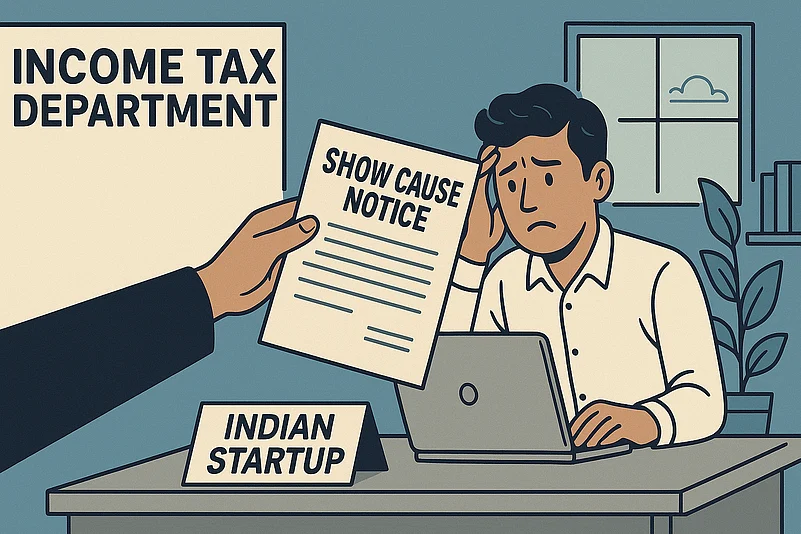The Income Tax (I‑T) Department has issued show‑cause notices to several start‑ups regarding funds routed through Singapore, demanding explanations for investments received over the past five years, Business Standard reported.
These notices were issued under Section 68 of the Income Tax Act, 1961, which empowers the department to scrutinise unexplained funds.
According to the report, formal show‑cause notices request details about the sources, identities and creditworthiness of foreign investors.
Notices to NRI
Notices are also being issued to Non‑Resident Indians (NRIs) with bank accounts in Singapore. “These are not routine inquiries; they are formal show‑cause notices. Companies are being required to justify capital inflows, including those from previous years, by providing detailed investor data,” said a source familiar with the matter.
Section 68 of the Income Tax Act, 1961, empowers the department to probe unexplained credits in a taxpayer’s books. The notices require companies to verify the identity, creditworthiness and authenticity of transactions involving foreign investors.
“If the response satisfies the department, the case is closed. But several start‑ups are struggling to gather such granular data, especially for legacy transactions,” the Business Standard report stated, citing a source.
According to the report, the crackdown is fuelled by data obtained through the Automatic Exchange of Information system and bilateral tax treaties. A government source stated that when information about a taxpayer’s foreign accounts or investments received through treaty partners does not align with their income tax returns, it triggers automated scrutiny.
Retrospective Inquiry
Experts highlight that a significant challenge stems from the retrospective nature of these investigations, which often target transactions from four to five years ago. This creates practical difficulties for taxpayers, as retrieving old bank documents and reconstructing transaction records becomes challenging. The Assessing Officer’s subjective judgement determines the outcome, and they may question explanations even if documentation appears sufficient.
Overuse of Section 68 could lead to increased litigation and appeals, placing a burden on both taxpayers and the system.

































